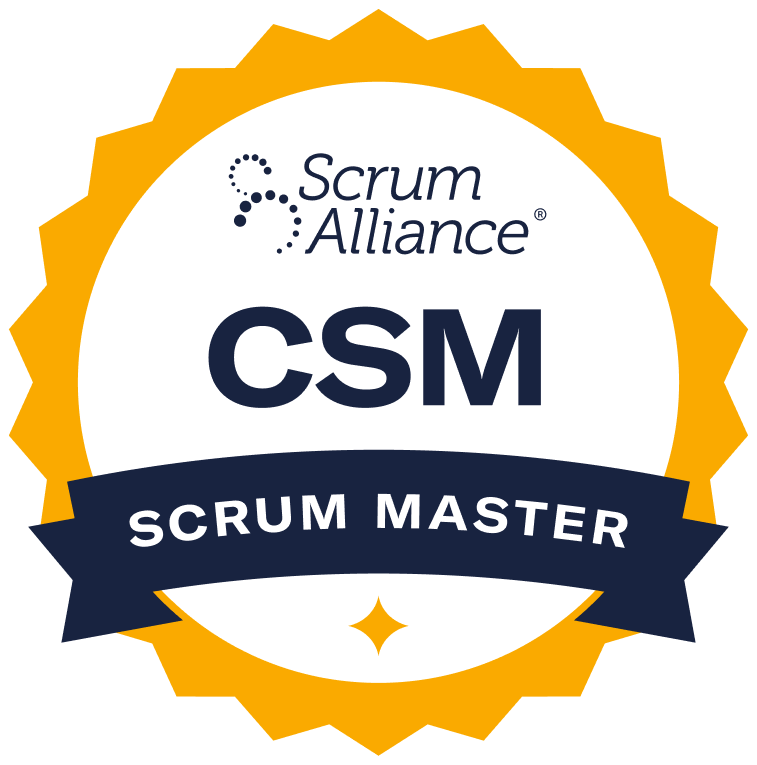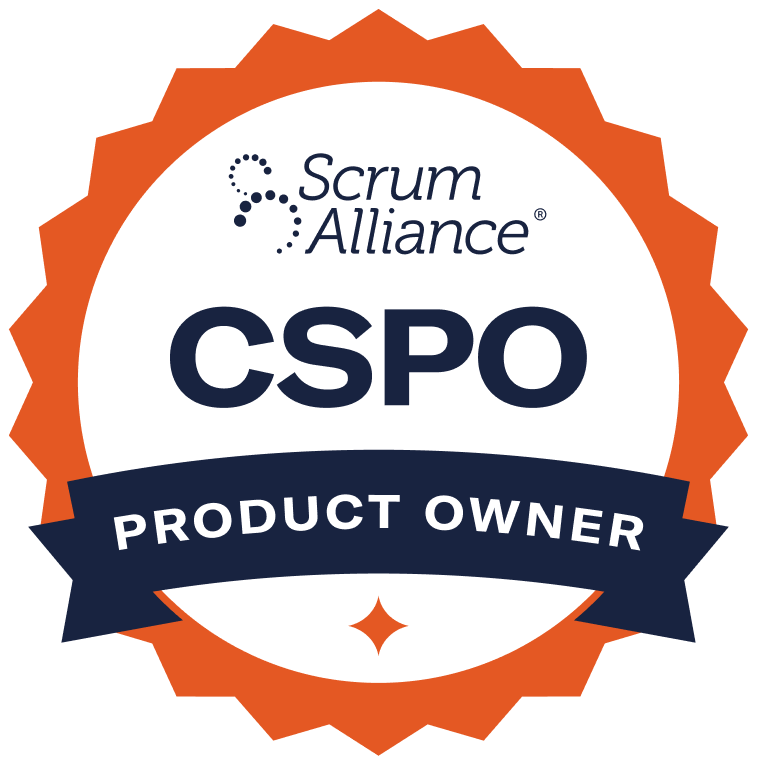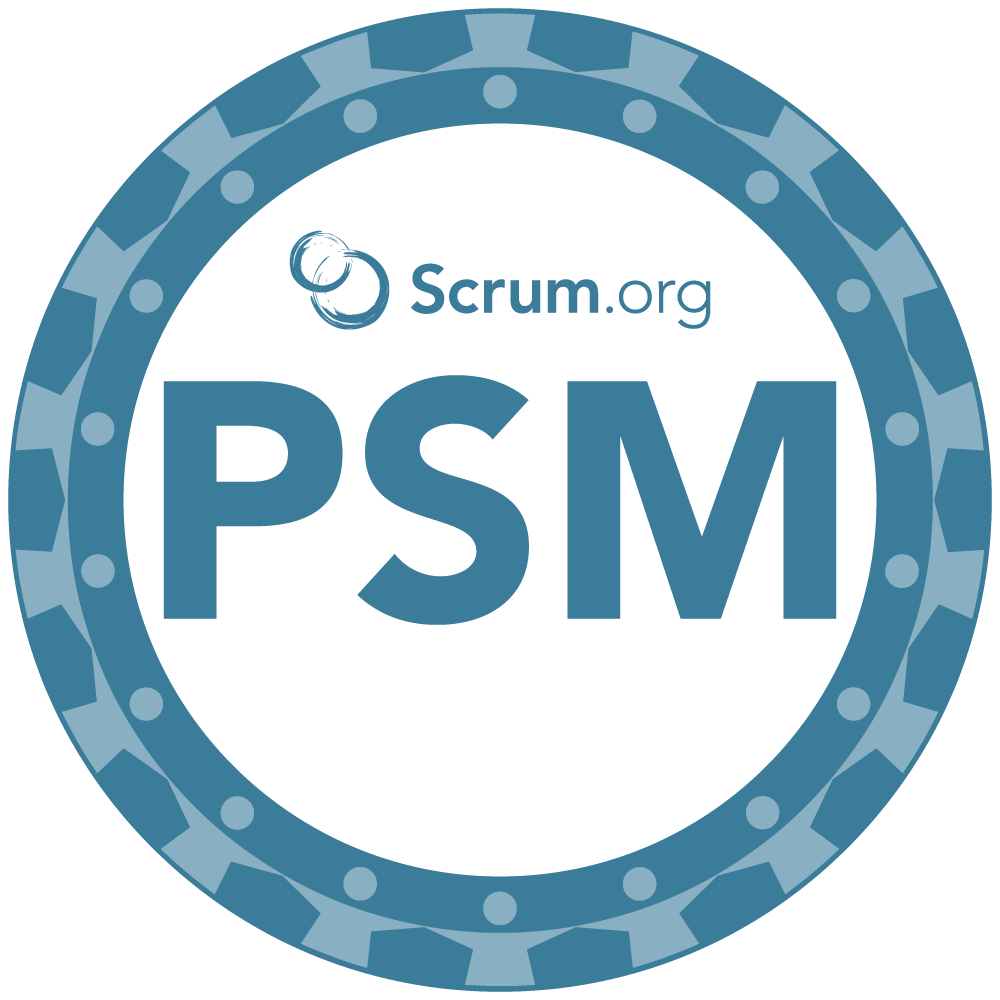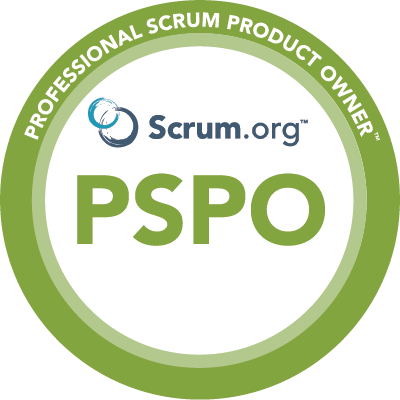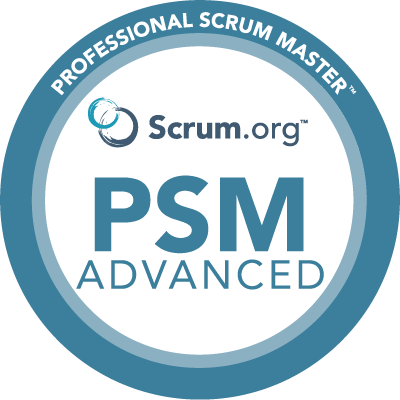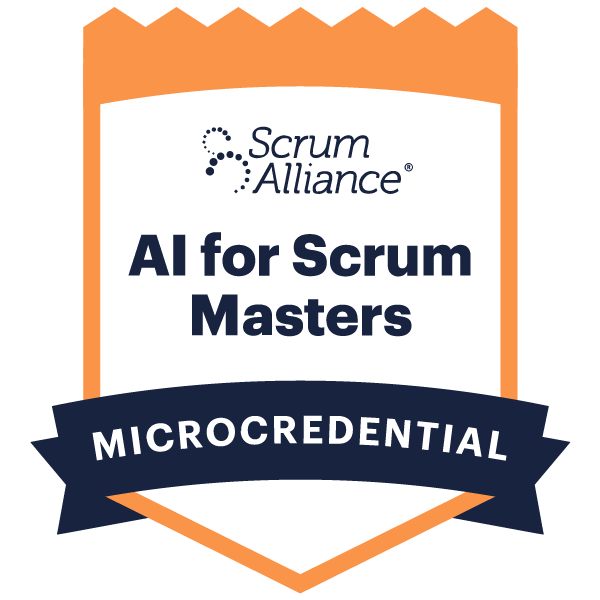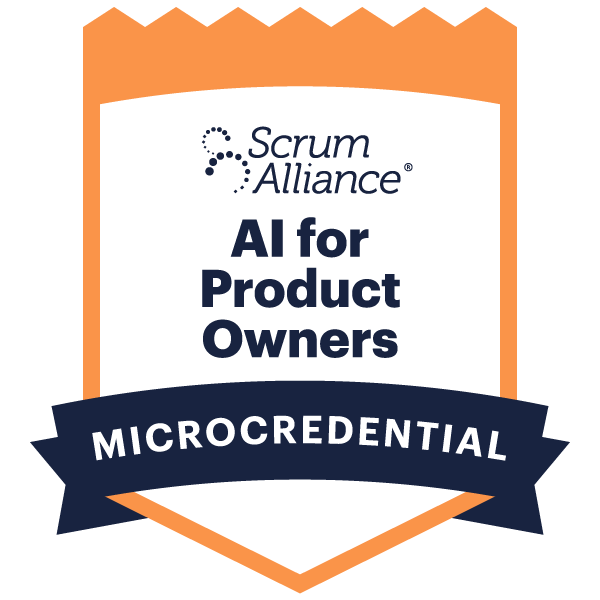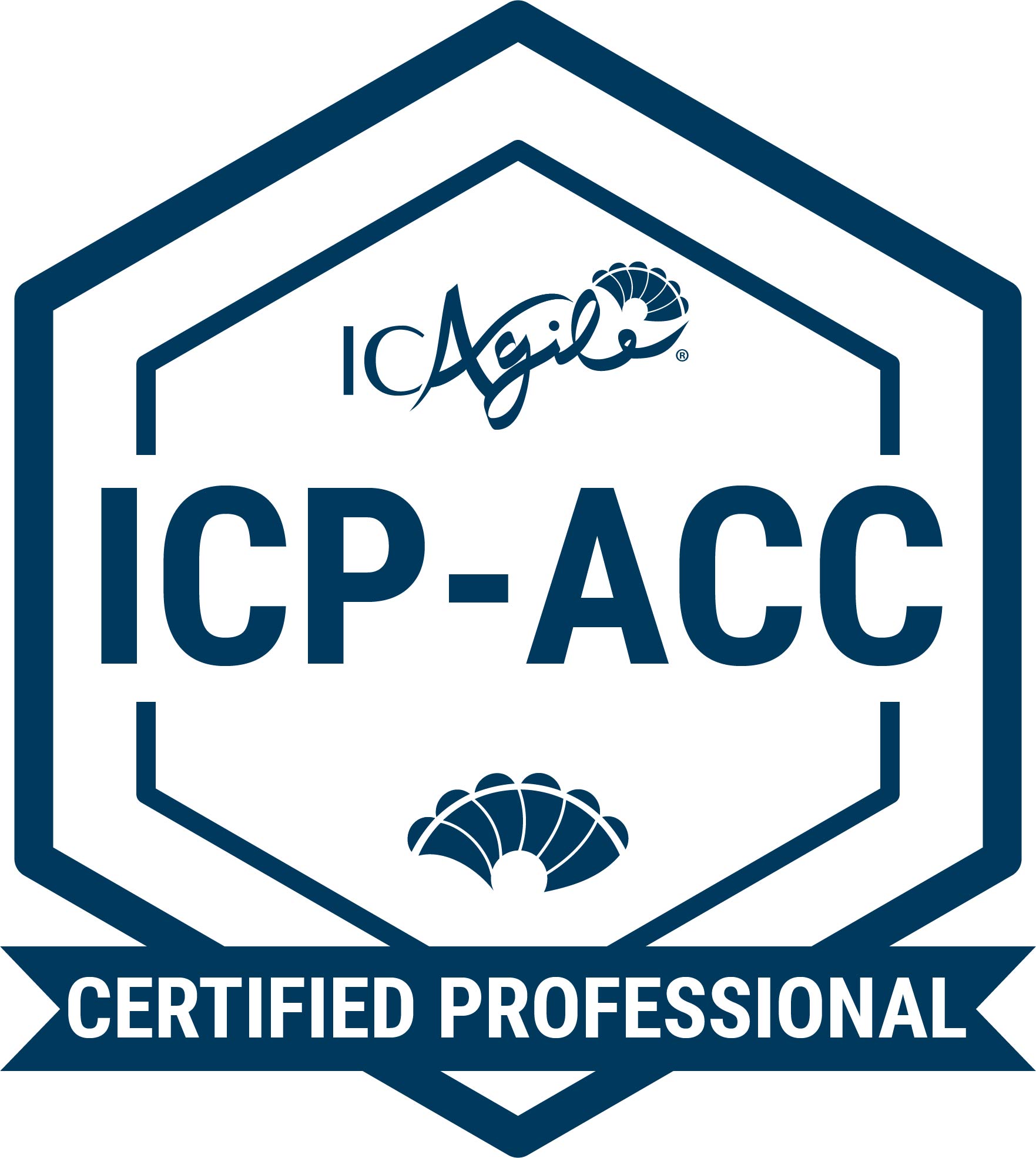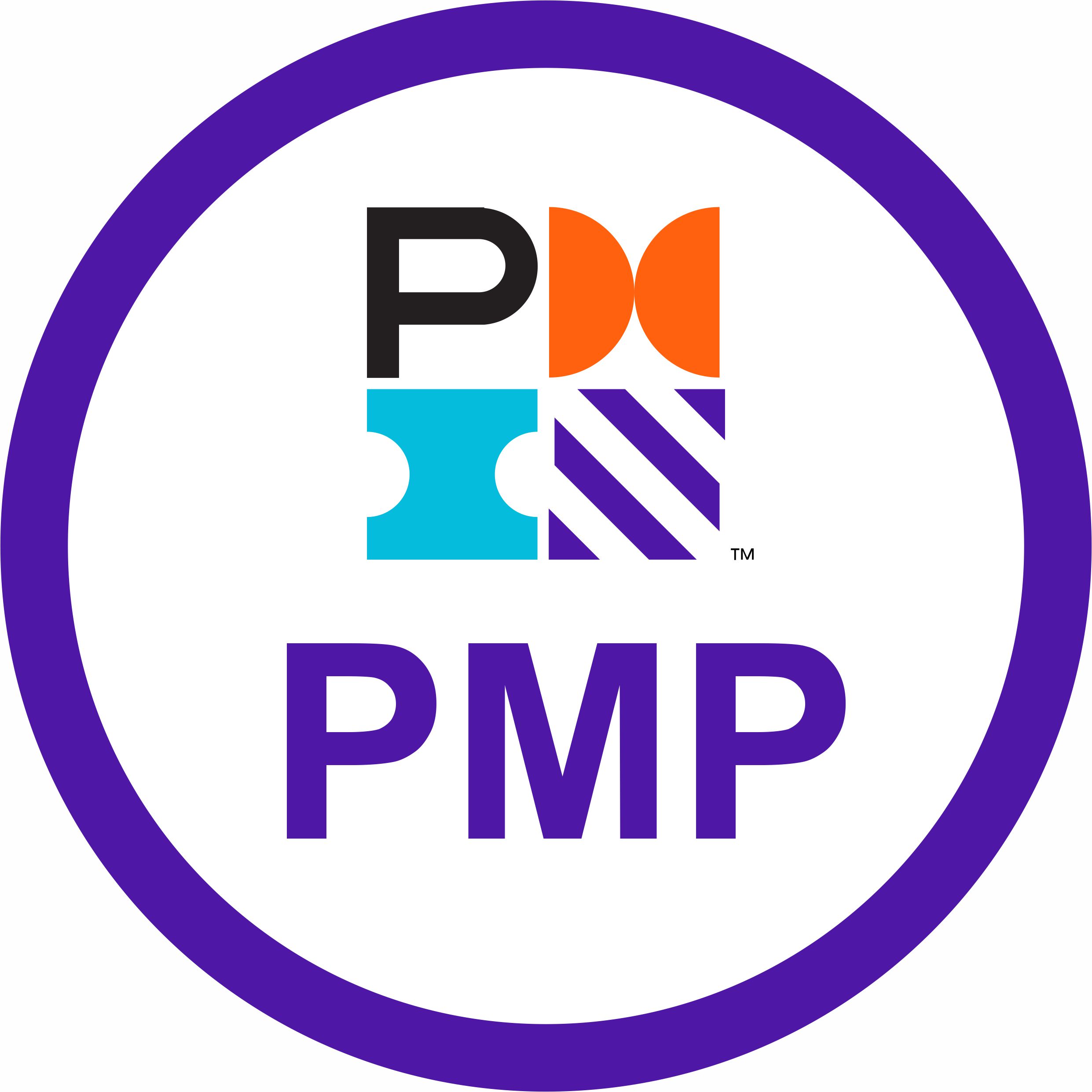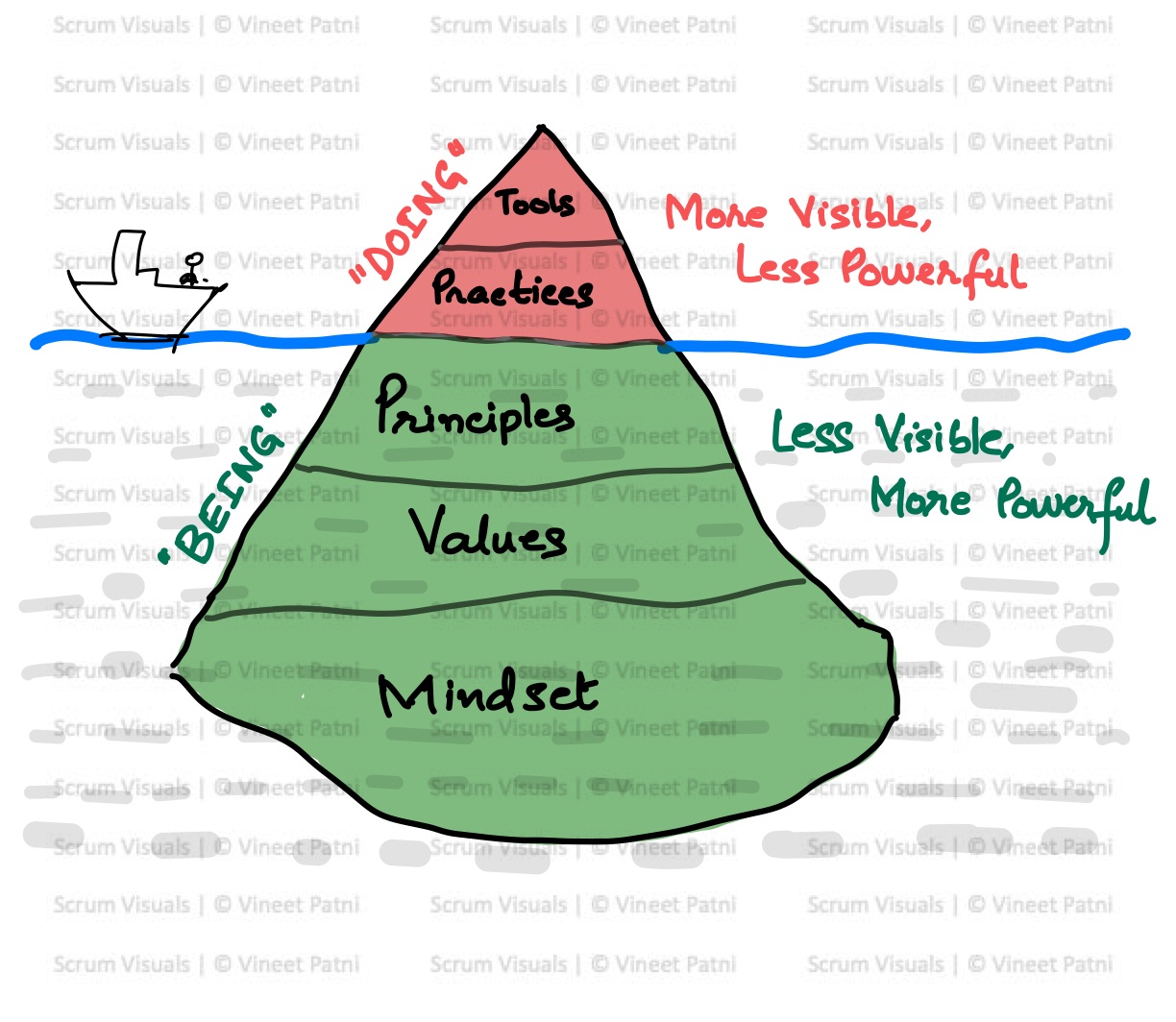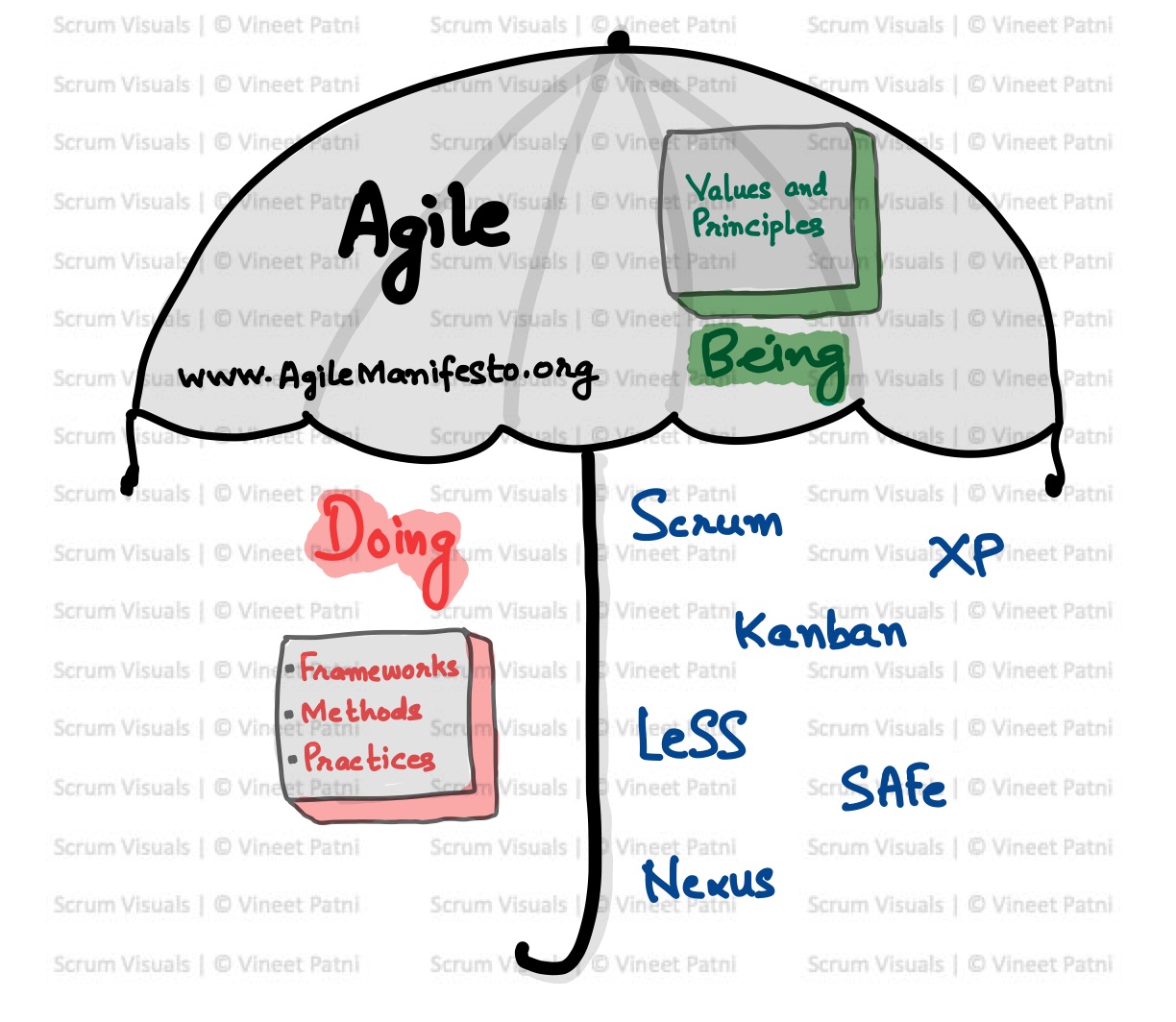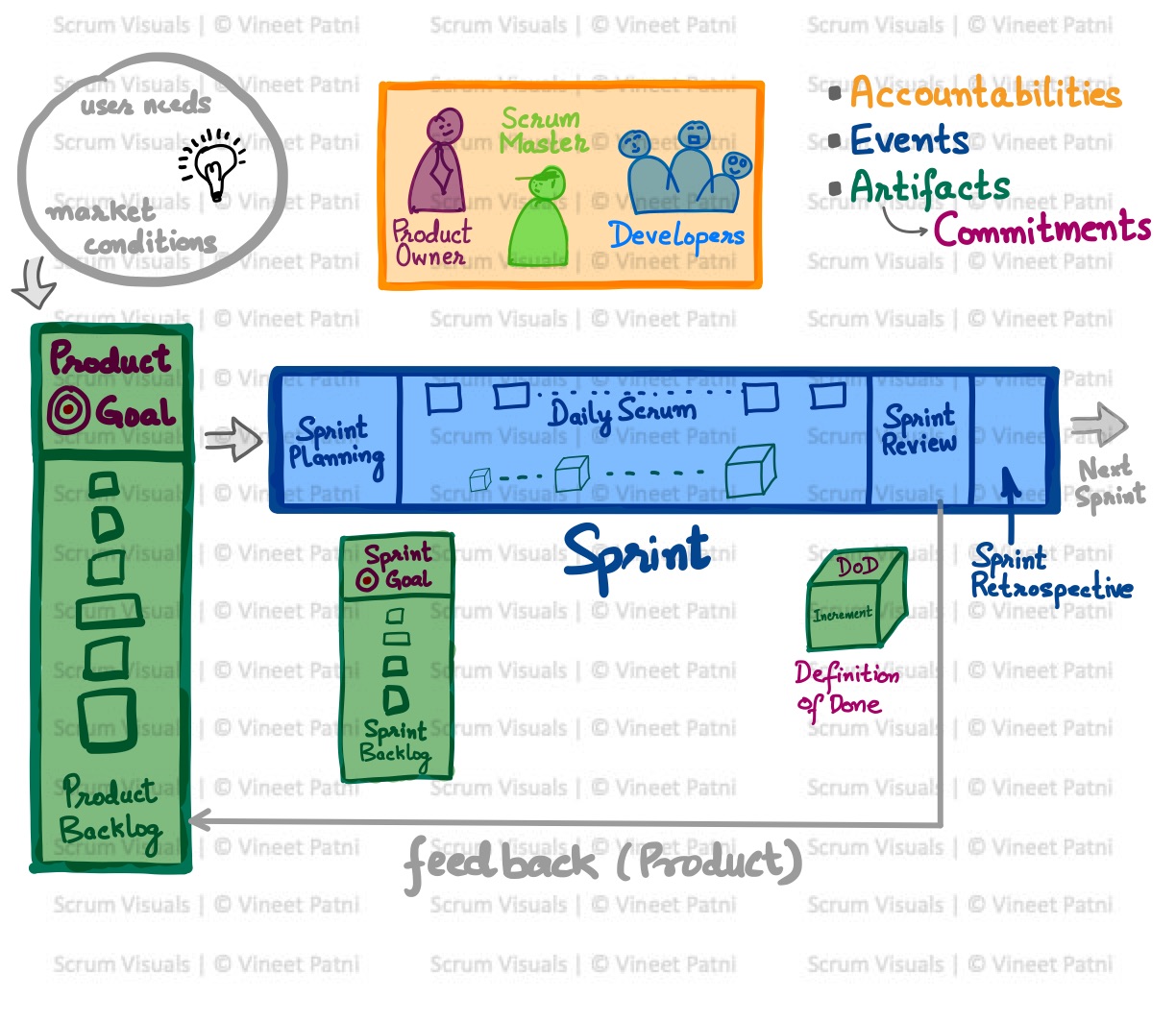Scrum Beyond Software: Building a Career in the New Agile Economy
The World Has Moved Beyond IT — and So Has Scrum
When most people hear the word Scrum, they think of software developers and technical teams. But the truth is — Scrum is no longer limited to software teams.
Today, companies across industries — from marketing and finance to education, healthcare, and manufacturing — are adopting Scrum to bring agility, adaptability, transparency, and speed to their operations.
In this new “Complex” economy, which requires “Business Agility”, professionals who understand Scrum principles are in high demand, even outside traditional IT roles.
What Is Scrum — In Simple Terms?
Scrum is a framework for teamwork and continuous improvement. It helps individuals and teams deliver valuable outcomes through collaboration, short feedback loops, and adaptability.
Instead of following rigid plans, Scrum encourages teams to:
- Set short-term goals (Sprints)
- Inspect progress regularly
- Adapt based on feedback
That mindset — plan less, learn faster — is now being used in everything from product launches to HR transformation projects.
How Non-Tech Professionals Use Scrum Today
Scrum is making waves in non-technical industries like never before.
Here are a few real-world examples of how Scrum beyond software is shaping modern work:
- Marketing Teams use Scrum to run campaigns faster, manage creative workflows, and adapt to audience feedback in real time.
- Finance Teams apply Scrum to improve reporting cycles, budgeting accuracy, and decision transparency.
- HR Teams implement Scrum to streamline recruitment, onboarding, and employee engagement initiatives.
- Education Professionals use Scrum to manage academic programs, enhance collaboration, and improve student learning experiences.
- 🏭 Manufacturing Teams leverage Scrum to handle process improvements and quality control more efficiently.
No matter your domain — Scrum offers a smarter, leaner, and more collaborative way to get work done.
Why Non-Tech Professionals Should Learn Scrum
If you’re a marketing executive, operations lead, trainer, or HR manager, learning Scrum can help you:
- Increase career opportunities — Agile roles are expanding across every sector.
- Enhance productivity — Manage changing priorities with less stress.
- Boost collaboration — Work more effectively with cross-functional teams.
- Show leadership — Become the change agent driving Agile transformation in your organization.
- Stay future-ready — Build a skill set that’s relevant across industries in the digital-first economy.
The Right Starting Point: PSM or CSM Certification India
To formally build your Scrum knowledge, consider earning the Professional Scrum Master (PSM) certification — a globally recognized credential offered by Scrum.org. Or you can consider Certified Scrum Master (CSM) certification – a globally recognized certification provided by ScrumAlliance.
With ScaleUp’s PSM/CSM Certification India, you get:
- Live, interactive sessions led by certified trainers
- PSM has a Lifetime-valid certification (no renewal fees)
- Access to ScaleUp’s LMS with mock exams and practice tests
- Real-world case studies from non-IT domains
This makes it perfect for non-technical professionals who want to apply Scrum concepts in business, management, or service-based roles.
How to Get Started with Scrum
Here’s a simple 5-step roadmap to help you begin your Agile journey:
- Read the Scrum Guide — It’s short, free, and available on Scrum.org.
- Join a CSM or PSM Certification Course — Learn from certified trainers who simplify complex Scrum concepts.
- Apply Scrum in Your Daily Work — Start small: manage projects, track progress, hold daily stand-ups.
- Engage with the Agile Community — Join LinkedIn groups, webinars, or the ScaleUp Scrum Learning Community.
- Keep Learning — Explore Scrum Master, Product Owner or Agile Coach roles as your experience grows.
Common Myth: “Scrum Is Only for Developers.”
Not true anymore!
Scrum is about collaboration, communication, and adaptability — universal skills that apply to any field.
In fact, some of the fastest-growing Agile job titles today are:
- Agile Marketing Specialist
- HR Scrum Master
- Business Agility Coach
- Non-tech Scrum Facilitator
- Process Improvement Manager
Each of these roles relies on Scrum principles, not coding skills.
The Future Belongs to the Agile Professionals
We are living in a world where adaptability is the most valuable skill. Companies want employees who can respond to change quickly, collaborate effectively, and deliver results consistently — all core values of Scrum.
Whether you’re from finance, marketing, education, or operations, understanding Scrum helps you stay relevant, employable, and ahead of the curve in the new Agile economy.
Ready to Get Started?
If you’re ready to take your first step into Agile, join ScaleUp’s Professional Scrum Master (PSM) Certification India program today.
With expert trainers, lifetime-valid certification, and exclusive access to ScaleUp LMS & mock exams, you’ll gain the confidence to apply Scrum anywhere — tech or non-tech.
Learn Scrum. Lead Change. Build Your Agile Career — Beyond Software.
Upcoming Trainings
← Scroll to see more →


